Van Gogh: Art & Spirituality on June 19 & 20
4:00 pm Friday June 19, 2015 — 4:00 pm Saturday June 20, 2015
Spend some time at Richmond Hill with a remarkable teacher and scholar, Dr. Cliff Edwards, as he shines a light into the deep spiritual side of the brilliant, complicated, and misunderstood artist, Vincent Van Gogh. Edwards also lets us know that Van Gogh, the artist was a “philosopher of life, unorthodox theologian, and determined seeker of a global spirituality.” This retreat will offer a new perspective and a broader examination of the intense passion and grace we see in Van Gogh’s paintings and perhaps a better understanding of the chaos in his life.
Cliff Edwards has PH.D in biblical studies and world religions from Northwestern University. He is the author of three books on Van Gogh with a fourth book coming in the spring. They are: VAN GOGH and GOD, A Creative Spiritual Quest; THE SHOES OF VAN GOGH; and MYSTERY OF THE NIGHT CAFÉ, Hidden key to the Spirituality of Van Gogh.
Henri Nouwen wrote the foreword to Edward’s first book and said, “VAN GOGH and GOD is the book I have been eagerly awaiting. After all these decades of Van Gogh studies, finally someone opens up for us Vincent’s deepest quest and convincingly shows that the art of the ‘sorrowful, yet always rejoicing’ Dutch painter is of deep theological and spiritual significance.”
Dr. Edwards is a Professor of Religion at Virginia Commonwealth University.
Limited spaces: 20. Suggested donation $90.
To register: Contact Deborah Cannady at 804-783-7903

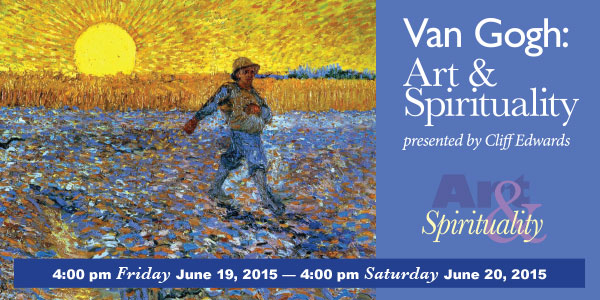
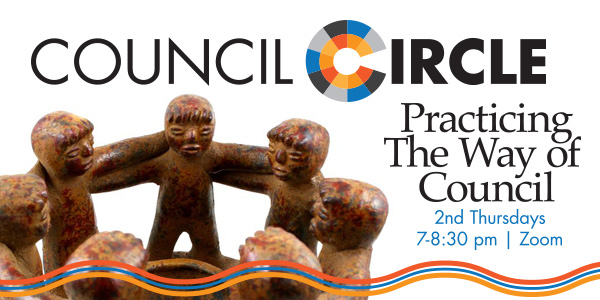
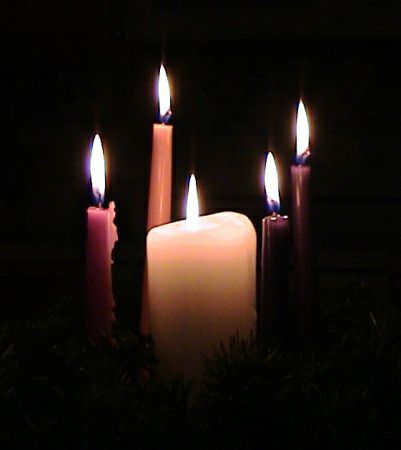
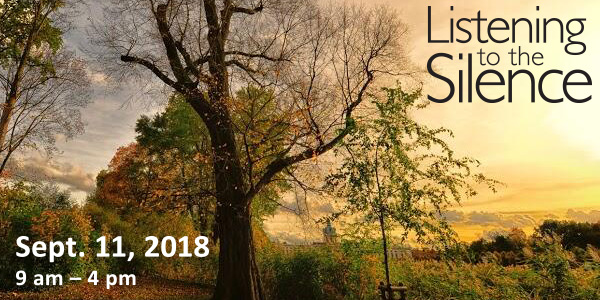
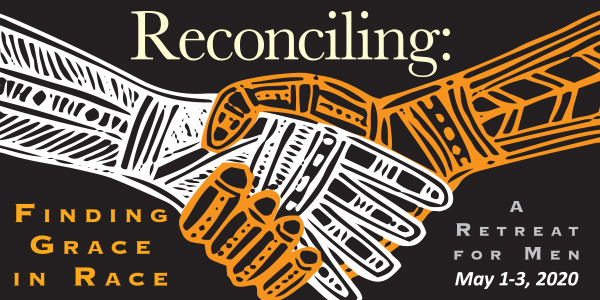
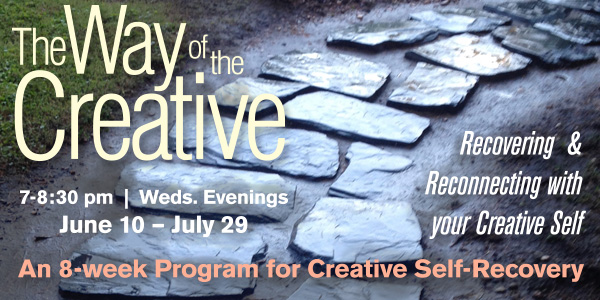
On the Mystery of the Night Cafe:
This is a gem of a book. I think it represents the distillation of a lifetime of scholarship on Van Gogh’s paintings and letters. This book is clearly presented, short, and easy to read.
Edwards argues that after Van Gogh’s failed attempt to be an ordained minister in service to a struggling mining community, he never let go of many of his key theological beliefs. Particularly the painter’s reading of the prophet Isaiah and the Jesus of the humble birth and parables, as described by Luke, were transformed into a role of the artist as a ministry to the poor and outcast – to open our eyes to what might be easily overlooked from a bourgeois lifestyle. Edwards points to Van Gogh’s attraction to Zola as an example of how religious ideas, equivalent in Van Gogh’s mind to the Gospel, can be expressed in contemporary culture. In this perspective, Van Gogh’s art was an effort to communicate the infinite through the common, the experience of depth through nature, and the struggle and hopes of the humble as worthy of respect.
There is no question I will look at the Night Café in a new way – I had missed the relevance of the well-lit room behind the doorway in the rear of the café in my previous looks at the painting. Just as I cannot view the world the same after seeing Van Gogh’s paintings, I will not see Van Gogh’s paintings in the same way after reading this book.
Bill — Thanks for the post and sharing your insights. — RR
A unique opportunity to learn with a scholar of great erudition whose insights on Van Gogh’s paintings reveal the essence of the artist’s religious and aesthetic vision. Having had the privilege to peruse _Van Gogh’s Ghost Paintings: Liberating Jesus from Gethsemane_, the fourth book on the Dutch painter by Cliff Edwards, this retreat offers the real possibility of developing deeper insight into the essential relationship between art and spirituality.
It was a wonderful retreat. Thanks to the residents at Richmond Hill, the insights of Dr. Edwards, and the dialogues with attendees. Van Gogh’s words and art are ever-renewing.